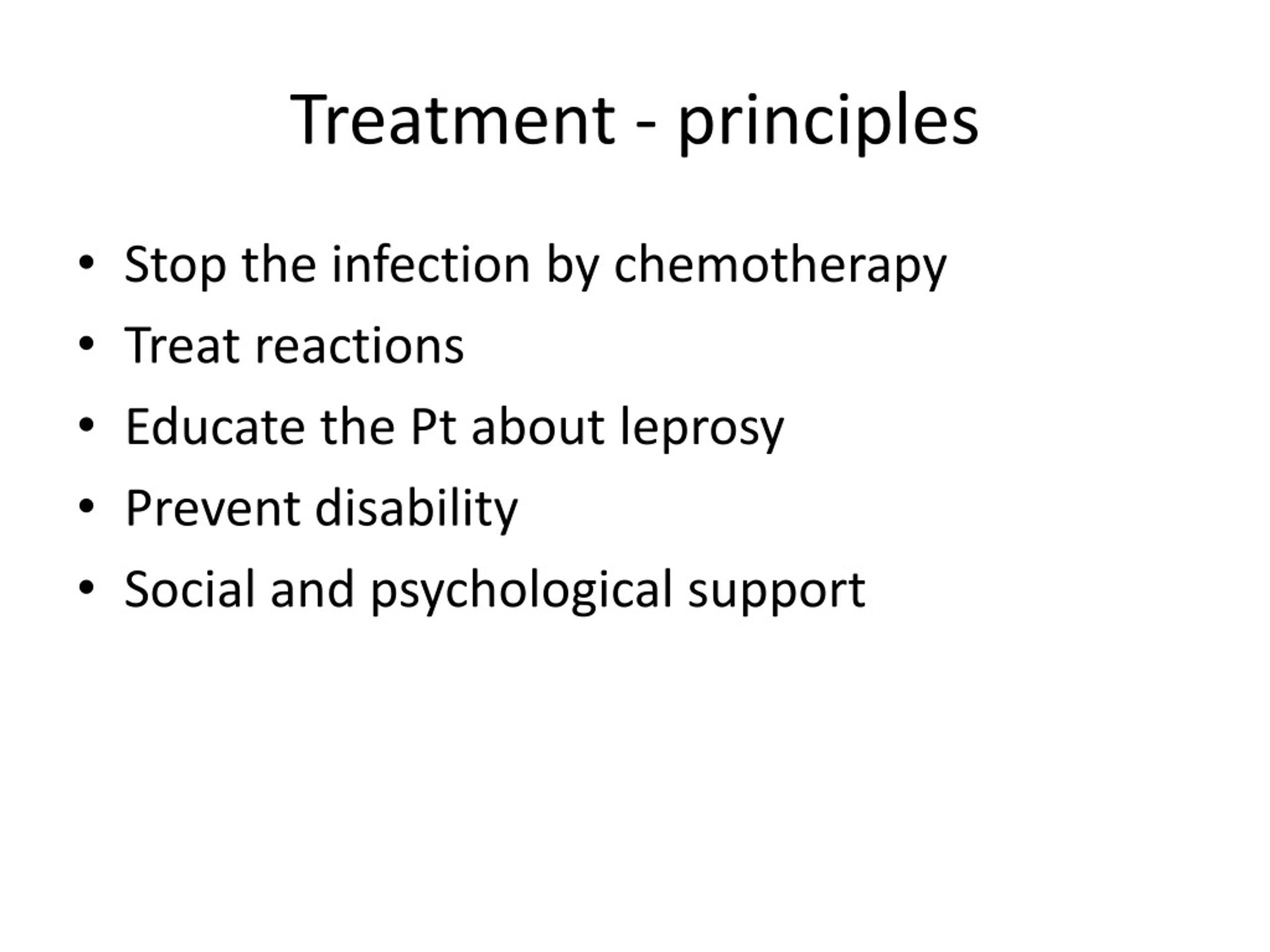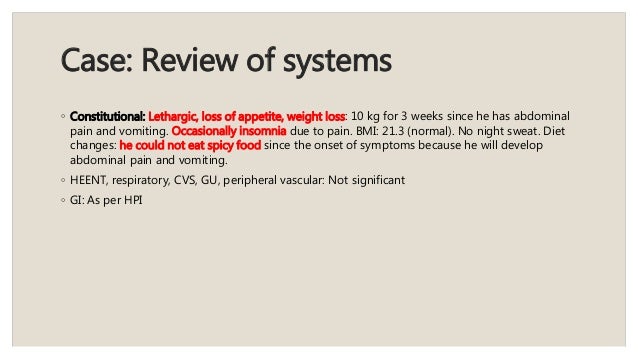

Lying is a symptom of mental health issues and, in some cases, addiction. The act of pathological lying may appear to be harmless, albeit irritating, but it may signal a broader problem. When someone is suffering from chronic lying, getting a diagnosis is the first step in resolving the issue. A number of mental health conditions can make it difficult for someone to lie. There is also a mythomania or pseudologia fantastica disorder in which pathological lying is common. People who lie pathologically are pathological liars. The lies can be hurtful to others and can result in social and relationship problems. People with this disorder may lie about their personal history, their accomplishments, or even their feelings in order to make themselves seem more interesting or important. Pathological lying is considered a mental illness because it can cause significant distress and impair a person’s ability to function in their daily life. The lies told are often elaborate and detailed, and the person may seem very convincing when they tell them. This could lead to miscommunications, which may wrongly be considered lies.A pathological liar is someone who chronically tells lies and fabricates stories for the purpose of deceiving others. impulsively making promises they can’t keepĬhallenges with executive functions can also make it harder for people with ADHD to process information or speak and listen clearly.telling white lies out of difficulty expressing themselves.wrongly answering questions they didn’t listen to because they were distracted.hiding a lack of understanding of something with a lie.

responding impulsively with a lie due to hyperactivity.forgetting what happened and lying to pretend like they remember.covering up an impulsive behavior that resulted in an unwanted consequence.Some other reasons why adults or kids with ADHD may lie may include: To the other person in the conversation, this may appear as lying. People with ADHD with a poor memory might also forget something that happened, then say it didn’t when it actually did. For example, difficulty staying focused during a conversation can lead to someone lying to pretend like they were listening to not hurt someone’s feelings.

Some people with ADHD may develop a habit of lying, which, for some, could be a form of compulsive lying.Īlthough lying can be a disruptive behavior, white lies can often be harmless in nature. However, combined with other personality and mental health challenges may lead to an increased risk of lying.” Still, he clarifies that “there’s limited, if any, scientific evidence that ADHD itself drives deceitful behavior. “This alone lead to an increased probability that an impulsive person may lie to avoid responsibility or manipulate others to achieve a goal,” Goldstein says. Sam Goldstein, PhD, a licensed psychologist in Utah, explains people with ADHD have a tendency to act without thinking first while under stress ( impulsive behavior).

Impulsivity often plays a role in why people with ADHD lie. Why people with ADHD might lie or exaggerate


 0 kommentar(er)
0 kommentar(er)
